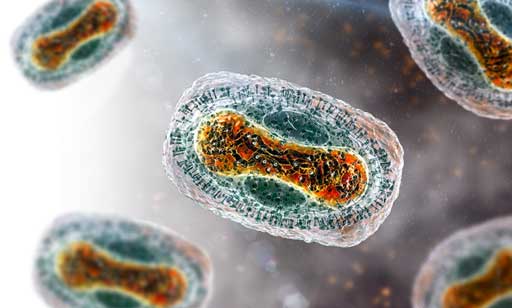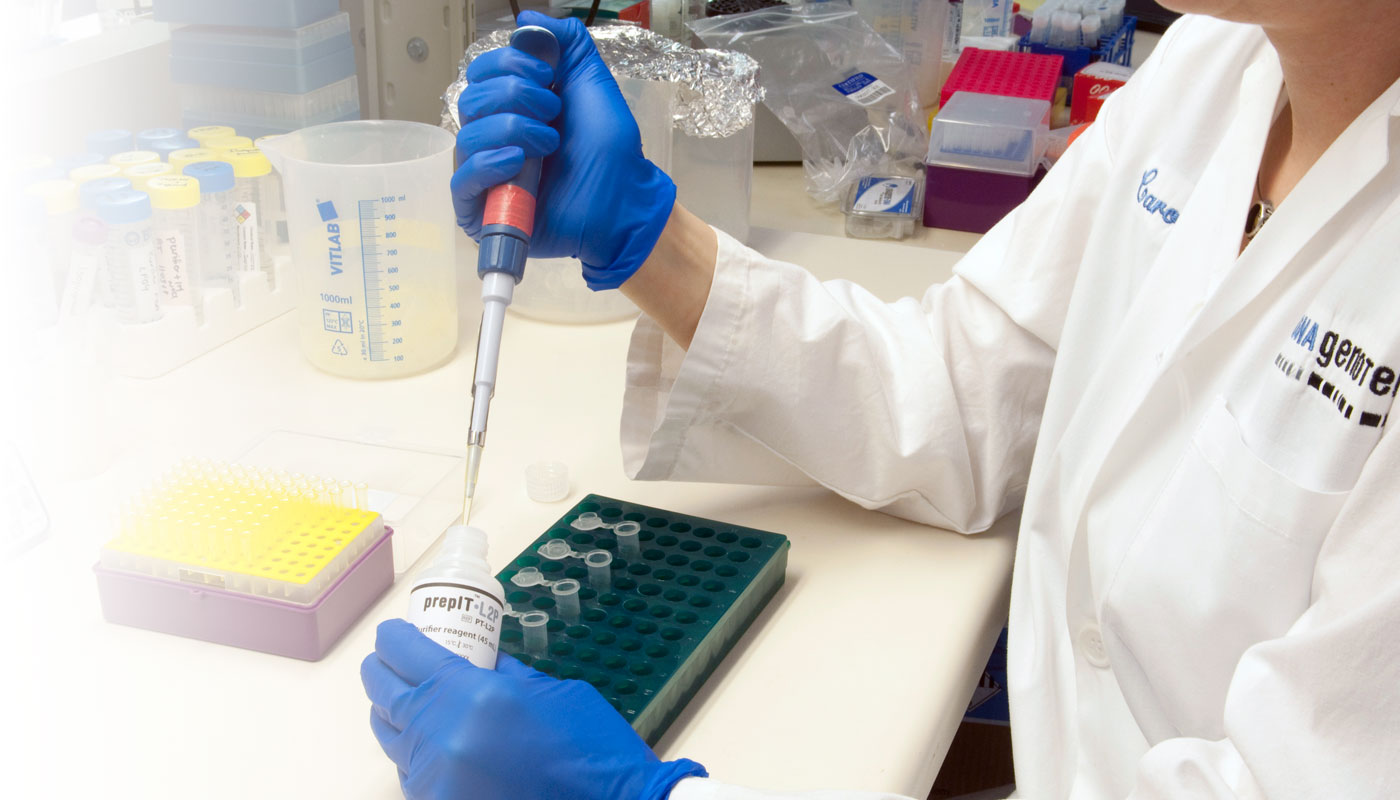- 1. Allan-Blitz L, et al. Laboratory Validation and Clinical Implementation of Human Monkeypox Saliva-Based Test. medRxiv 2022.08.08.22278498; DOI: https://doi.org/10.1101/2022.08.08.22278498
- 2. Thornhill JP, et al. Monkeypox Virus Infection in Humans across 16 Countries—April-June 2022. NEJM DOI: https://doi.org/10.1056/NEJMoa2207323
Collaborate with us in the fight against the spread of monkeypox


Supporting the global response to monkeypox
The monkeypox (MPX) outbreak is an evolving global health threat. WHO and the Biden administration have declared the outbreak a global health emergency and public health emergency, respectively. As we have learned from the COVID-19 pandemic, screening and early testing are critical strategies for understanding disease transmission and prevention. The CDC and other public health organizations continue to recommend using lesion sampling in conjunction with PCR testing to confirm MPX infections. Lesion swabbing provides a high viral load for PCR testing, but the patient must be symptomatic with lesions before testing. Population screening for the virus (prior to symptom onset) may be necessary to ensure timely quarantine of infected individuals to aid in the containment of the disease.

New research!
Alternate sample types for MPX testing
Since April 2022, disease hot spots and cases continue to grow, and new clinical data is evolving. Emerging evidence supports the potential of alternatives to lesion swab sample collection, including saliva, urine and rectal samples for MPX testing. Recent publications have provided data to support the potential of these and other sample types for MPX testing. Allan-Blitz et al. concluded that their data supports the use of saliva-based tests for MPX infections and that these tests may identify MPX infections earlier than lesion swab tests.1 In July, Thornhill et al. reported in their study that the MPX virus was found in the urine of 3% of patients.2 At this stage of the epidemic, research is limited and based on small clinical studies. More research is urgently needed.

Let’s work together on our shared commitment to slow the spread of MPX
DNA Genotek and Novosanis, subsidiaries of OraSure Technologies, offer non-invasive sample collection solutions that enable intuitive self-collection of a variety of human samples. Saliva, skin, urine, fecal and vaginal samples — collected at home, in the community or in the clinical office/laboratory — can be used to advance discovery and diagnostics in genomics, microbiome, cancer screening and infectious disease.
As established experts in sample collection, DNA Genotek and Novosanis have a long history of providing convenient, at-home sample collection options that yield high-quality DNA and RNA for population surveillance, disease screening and diagnosis. The use of our products is supported by the research found in over 2,500 publications. Most recently, DNA Genotek’s sample solutions enabled public health and diagnostic labs to scale COVID-19 testing to reduce burden on the health care system while expanding asymptomatic screening. Novosanis’ easy-to-use and convenient first-void urine collection devices are currently being used to test for sexually transmitted infections.
References:
Any reference to products described on this page are for research use only, not for clinical decision making.


